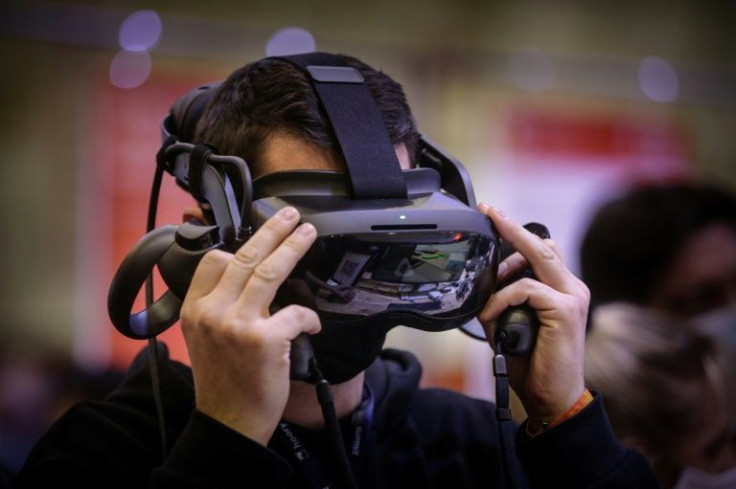Microsoft And Qualcomm Up The Race To Build The Metaverse

Microsoft and Qualcomm recently upped the race to build the metaverse by announcing a partnership to expand and accelerate the diffusion of augmented reality (AR) to consumer and business markets.
Metaverse is the merging of the actual and virtual world where people can experience different locations without actually being there and interact with other people without actually meeting them. It's the next cutting-edge technology, with tech giants racing to have a piece of it.
As with any other cutting-edge technology, developing the metaverse and bringing it to the markets requires technology and marketing competencies and capabilities that transcend the boundaries of a single corporation, even if that corporation is a giant like Microsoft or Qualcomm. Thus, the need for collaboration is where tech giants bring their core competencies and capabilities to the table.
The Microsoft-Qualcomm collaboration sounds like a deal made in heaven, with each technology giant bringing to the table its core capabilities to build the metaverse. Qualcomm will develop custom AR chips to enable a new wave of power-efficient, lightweight AR glasses to deliver rich, immersive experiences. Microsoft will contribute to the Mesh and Snapdragon Spaces XR Developer Platform.
"This collaboration reflects the next step in both companies' shared commitment to XR and the metaverse," said Hugo Swart, vice president and general manager of XR, Qualcomm Technologies, Inc. "Qualcomm Technologies' core XR strategy has always been delivering the most cutting-edge technology, purpose-built XR chipsets and enabling the ecosystem with our software platforms and hardware reference designs. We are thrilled to work with Microsoft to help expand and scale the adoption of AR hardware and software across the entire industry."
Rubén Caballero, corporate vice president of Mixed Reality, Microsoft, is on the same page.
"Our goal is to inspire and empower others to collectively work to develop the metaverse future – a future that is grounded in trust and innovation," said Caballero. "With services like Microsoft Mesh, we are committed to delivering the safest and most comprehensive set of capabilities to power metaverses that blend the physical and digital worlds, ultimately delivering a shared sense of presence across devices. We look forward to working with Qualcomm Technologies to help the entire ecosystem unlock the promise of the metaverse."
Travis Cloyd, CEO of Worldwide XR and Global Futurist Thunderbird School of Global Management, cheered the Microsoft-Qualcomm partnership.
"The metaverse is the future of how we engage with content, and anytime you can get two powerhouse tech companies joining forces to better the advancements of this revolution, the better for the entire ecosystem," he said.
"This news indicates that AR is rapidly moving to become a mainstream technology that can be used in many different application areas," adds Dr. John C. C. Fan, CEO and chairman of Kopin Corporation, which provides microdisplays and optics for AR systems.
Microsoft's and Qualcomm's strategy of collaboration to build the metaverse is quite different from that of Apple, according to Flynn Zaiger, CEO of Online Optimism.
"Microsoft's partnership with Qualcomm represents a choice that's diametrically opposite than its main competitor, Apple," he said. "Apple recently split up with Intel, opting to produce its own chips for most of its equipment. Microsoft is instead still relying on external chip manufacturers. This is a sign that they believe that the turn to the metaverse, and services that use their Microsoft Mesh service, are going to happen sooner or later."
Editor's note: Panos Mourdoukoutas owns shares of Microsoft, Qualcomm, Apple and Facebook.
© Copyright IBTimes 2025. All rights reserved.






















